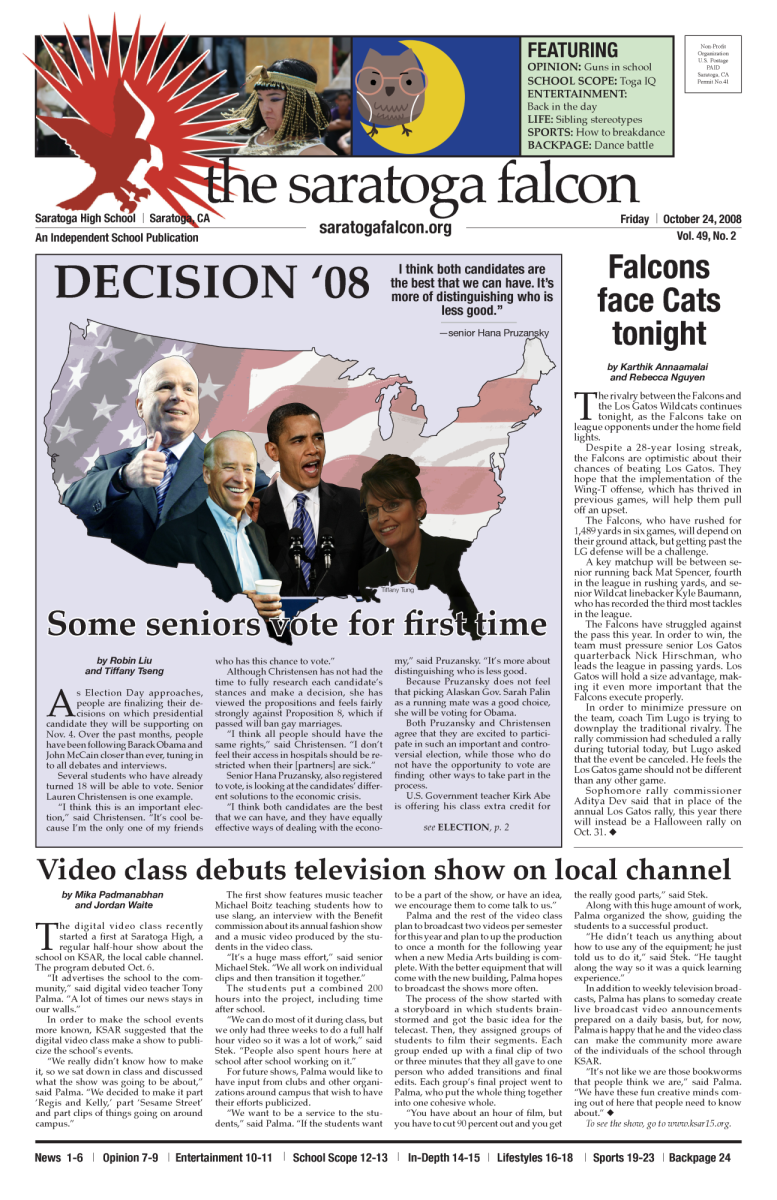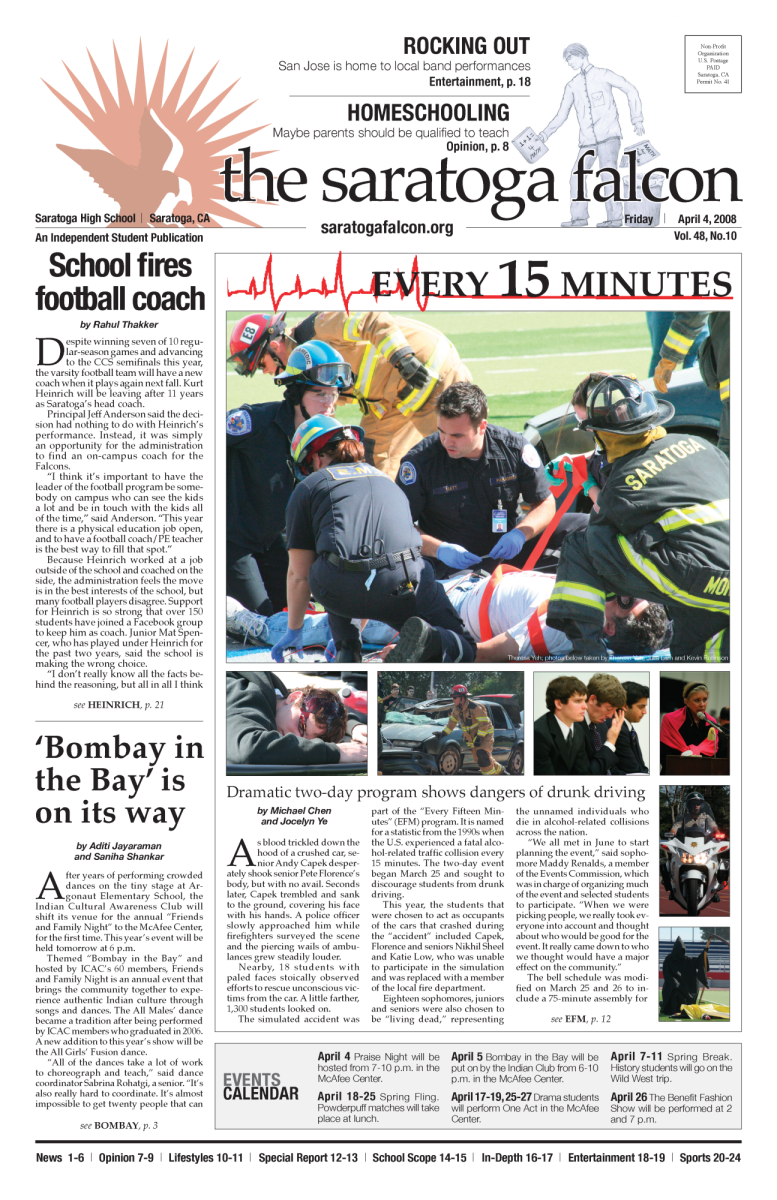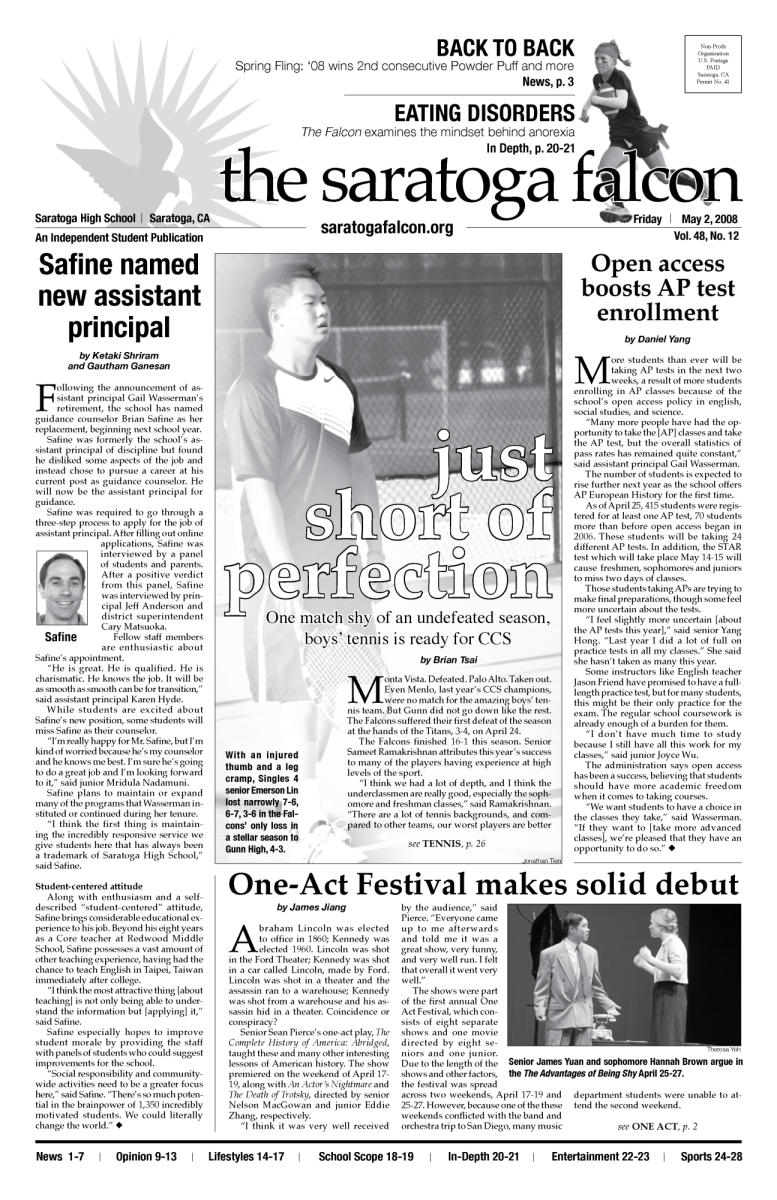Akash Maharaj enrolled at Yale University in 2007. One year and a $32,000 scholarship later, the college found his application to be entirely false; Maharaj had not only lied about his previous educational background, but he had also forged his grade point average and transcripts. Although not all the information was published, Maharaj had gotten into trouble with the school, and while checking through his transcripts they discovered that most of these transcripts were forged.
According to the New York Times, Maharaj is currently being threatened with expulsion from Yale University and will be on trial for larceny and forgery. Although his circumstance may be an extreme example of the results of extensive academic pressure, the trend of exaggerating upon college applications is a growing problem among students. Applicants often feel the need to exaggerate accomplishments because they believe their real achievements do not hold enough merit.
Colleges won’t have the time to check every single application, and may only check every fourth application to verify the information. However, the risks of getting caught are much worse than not getting into the college of choice. Then why, do so many students still choose to take this path? Pressure. The pressure to excel, the pressure to outshine, and the pressure to stand out can force many students to take more extreme methods.
The increase of individuals caught for lying on their applications is completely related to increase in the pressure that students have to face. Recently, the number admitted seems to be on a steady decline.
The slots for colleges are becoming increasingly narrow, and the numbers of applicants are only increasing. Last year, Yale University only admitted 8 percent of the 23,000 applications. As the chance of getting into a college of choice decreases, the pressure automatically, and inversely goes up. Students face pressure from family and peers and which can lead them to make extreme decisions.
Many students who may believe their application isn’t good enough will resort to exaggeration or as an extreme situation, making up invalid information that will make them more appealing to the college. To many, it may seem like a smaller risk to lie on their application than to compete against thousands of other students with appealing students with an ordinary application.
Even with all the pressure that insistently builds, people still need to realize the grave consequences that come with cheating. Cheating can lead to expulsion, fines, and maybe even jail. The decision of which path to however, always stays up to the students themselves.
Recently, there have been many more cases of students getting caught lying on their applications, this directly leads to the assumption that the admission process needs some refinement. Colleges easily clarify GPA’s, SAT scores, and recommendation letters to make sure they are valid. However, it is a lot harder for the colleges to verify volunteer hours, community service and/or extracurriculars. There is one simple difference between the two categories, SAT scores and GPA’s are on official transcripts that are a lot harder to forge. If colleges required an official transcript to show participation in extracurriculars, or a written note from the organization validating the community service, it would make it a lot harder for applicants to lie about these.
Requiring an official transcript or a written note would not be too hard to enforce. Organizations where students volunteer will simply have to give the students something to signify that they did work there, and the students could pass these on to the colleges. The colleges would now have proof to whether or not students really did those 500 hours of community service, while simultaneously playing baseball and volleyball.



























